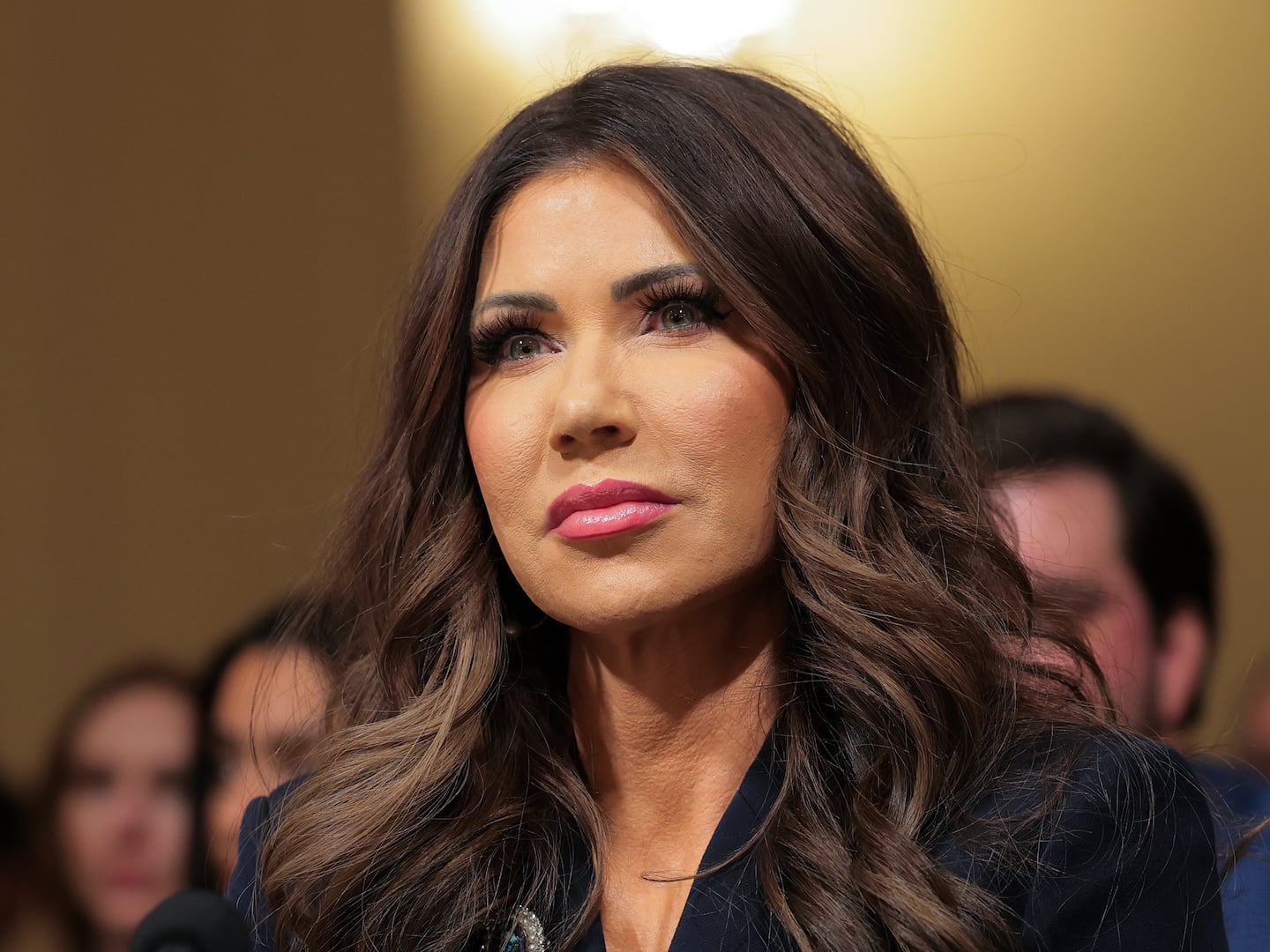The Supreme Court’s Hobby Lobby ruling this week legitimizing the religious beliefs of “closely held companies” as an excuse to opt out of paying for employees’ contraception has reignited a uncharacteristic Republican push for over-the-counter birth control pills. Back in 2012, Louisiana Governor Bobby Jindal declared his support for the American College of Obstetricians and Gynecologists’ recommendation that birth control pills should be sold without prescription at local drug stores. Ahead of the Hobby Lobby decision, Republican Rep. Cory Gardner of Colorado, who is running to unseat Democrat Mark Udall in the Senate, also voiced his support for the over-the-counter sale of oral contraceptives.
It’s certainly an unexpected cause for members of the party that opposed the contraception mandate of the Affordable Care Act in the first place. And many reproductive rights activists reacted with more suspicion than celebration to Jindal’s OTC endorsement, wary that it would, in effect, mean charging women for a medication Obamacare said they could have for free. Not to mention that the narrow-minded focus on birth control pills would result in restricted access to the other types of birth control that many women use, such as IUDs and vaginal rings.
Yet, in the wake of the Hobby Lobby decision, over-the-counter pills could be the only option for women who work at any of the 82 corporations where the CEO’s religious beliefs outweigh employees’ rights to responsible family planning. Or the right to lower their risk of certain cancers. Or to treat acne or the symptoms of certain uterine conditions. Or, simply, relief from heavy, painful, and emotionally exhausting periods.
Often overshadowed by the birth control debate is the fact that there are plenty of other reasons doctors prescribe oral contraception that don’t involve family planning. One of the birth control pills’ greatest benefits to users is a reduced risk of ovarian and endometrial cancer. Studies have found that the protective effects of oral contraception against both types of cancers increase the longer a woman takes the pill and lasts for years after she stops using it.
Oral contraception has also been found to ease the symptoms of endometriosis—a painful and potentially infertilizing condition that causes uterine-lining tissues to grow in other pelvic areas—as well as provide relief for the symptoms of Polycystic Ovarian Syndrome, such as excessive hair growth, irregular menstrual cycles, and acne. Even for those who don’t suffer from such hormonal disorders, birth control pills are commonly prescribed as a safe and reliable antidote to ailments like pimples, PMS, and painful periods that plague all post-pubescent women to varying degrees.
“We should just call them hormonal regulation tablets and we wouldn’t have nearly the amount of hurdles as we do when we call them birth control pills,” said Dr. Jeanne Conry, the The American College of Obstetricians and Gynecologists immediate past president.
ACOG is without question in favor of over-the-counter oral contraception. But Conry is particularly concerned about the Hobby Lobby ruling’s effect on the availability of other birth control devices, such as IUDs, which offer their own host of benefits to certain women.
“You have a 34-year-old woman with diabetes and hypertension, she’s not going to be served as well with an oral contraceptive as she is with an IUD,” Conry said. “It’s such a personal decision, that should be made between a physician and patient based on the risks and benefits. Having Supreme Court justices make that decision is just inappropriate.”






